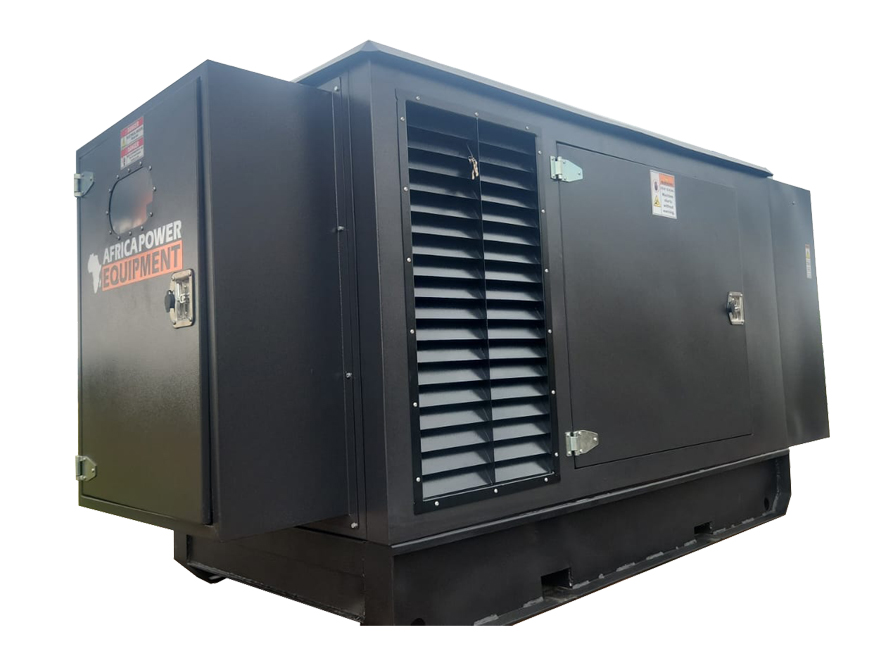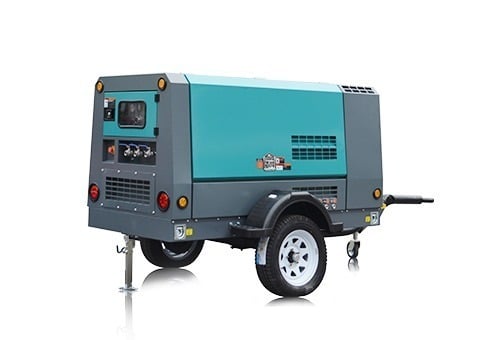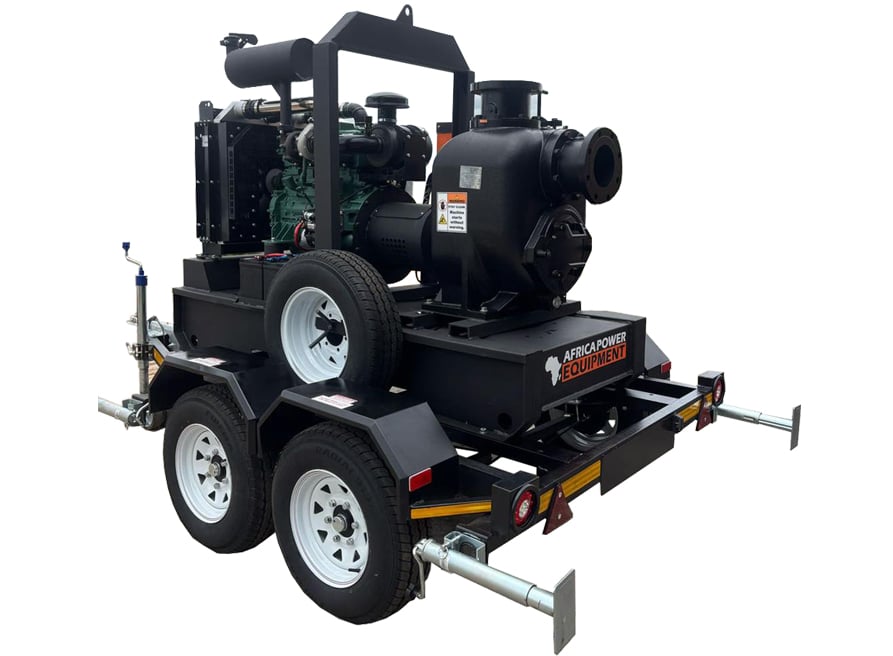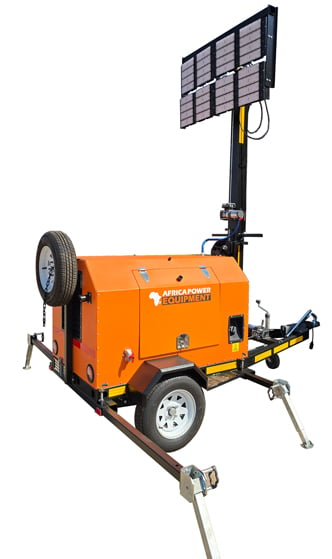Oil-Free vs. Oil-Lubricated Air Compressors: Which Should You Choose?
When buying an air compressor, one of the key decisions is whether to go for an oil-free or oil-lubricated model. Both have their advantages depending on your application, maintenance preferences, and budget. In this guide, we break down the differences to help you decide which type suits your needs best.
🔍 What Is an Oil-Free Air Compressor?
An oil-free air compressor uses pre-lubricated materials (like Teflon or other non-stick coatings) on the internal components to reduce friction, eliminating the need for oil. These compressors are sealed units and require minimal maintenance.
✅ Advantages of Oil-Free Compressors:
-
Maintenance-Free: No need to check or change oil.
-
Cleaner Output: Ideal for environments that require clean air (e.g., food, medical, painting).
-
Lightweight: Typically smaller and easier to move around.
-
Cost-Effective: Usually cheaper upfront than oil-lubricated models.
🚫 Limitations:
-
Shorter Lifespan: Coatings can wear over time, especially under continuous heavy use.
-
Louder Operation: Tends to be noisier due to lack of oil damping the motor noise.
-
Limited Heavy-Duty Use: Not ideal for high-CFM industrial applications.
🔧 What Is an Oil-Lubricated Air Compressor?
Oil-lubricated compressors use oil to reduce friction and cool internal parts. They require regular oil changes and are better suited for heavy-duty or prolonged use.
✅ Advantages of Oil-Lubricated Compressors:
-
Durability: Built for continuous, high-performance use.
-
Quiet Operation: The oil acts as a buffer, reducing noise levels.
-
Longer Lifespan: If maintained well, these compressors can last for many years.
-
Higher Capacity: Often capable of delivering more CFM for industrial tools.
🚫 Limitations:
-
Maintenance Required: Needs regular oil changes and checks.
-
Heavier & Bulkier: Larger footprint and heavier to move.
-
Oil Contamination Risk: Some oil may enter the airflow (requires filters for clean applications).
📊 Side-by-Side Comparison
| Feature | Oil-Free Compressor | Oil-Lubricated Compressor |
|---|---|---|
| Maintenance | Minimal | Regular oil changes required |
| Lifespan | Moderate | Long (with proper care) |
| Noise Level | Higher | Quieter |
| Air Purity | Cleaner air output | May need filtration |
| Best For | DIY, painting, home use | Workshops, industrial use |
| Portability | Lightweight | Heavier |
| Initial Cost | Lower | Higher |
🛠 When to Choose an Oil-Free Compressor
Go oil-free if:
-
You need low maintenance and clean air output.
-
You’re doing light-duty tasks like inflating tires, stapling, airbrushing, or occasional DIY.
-
You want a budget-friendly, portable unit.
💡 Ideal for: Home users, artists, food processing, and small spray painting setups.
🏭 When to Choose an Oil-Lubricated Compressor
Go oil-lubricated if:
-
You require heavy-duty power tools or use air tools frequently.
-
You’re working in a commercial or industrial setting.
-
You want a long-lasting, reliable machine that can handle long runtimes.
💡 Ideal for: Mechanics, construction sites, factories, and workshops.
🧰 Maintenance Tips
Oil-Free Compressors:
-
Keep vents clean and check for dust buildup.
-
Store in a dry, well-ventilated area.
Oil-Lubricated Compressors:
-
Change oil every 3–6 months (or as per manual).
-
Check oil levels before heavy use.
-
Drain the tank regularly to avoid moisture build-up.
🔗 Related Articles
✅ Final Thoughts
Choosing between oil-free and oil-lubricated compressors depends on your specific needs. If you’re a casual user or need clean air output with minimal hassle, go for oil-free. If you’re a serious user needing performance and longevity, an oil-lubricated model will serve you better in the long run.
Explore our range of air compressors at PowerEquipment.co.za and speak to our team if you need help selecting the right unit for your setup.





